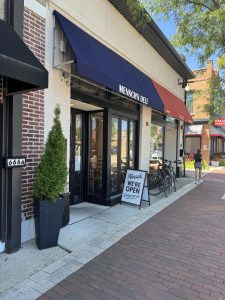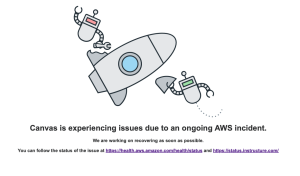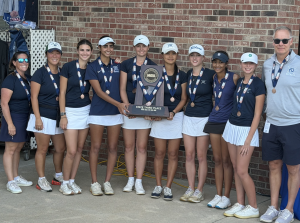New wave of voters want their voice to be heard
New law allows more juniors and seniors to vote
February 12, 2016
In light of the relatively low voter turnout for 18-24 year olds, it will be interesting to see how many age-eligible juniors and seniors will vote in the primaries and the fall’s presidential election.
According to a report from the United States Census Bureau, only 38% of 18-24 year olds voted in the 2012 election.
Kerry Hall, New Trier Political Science and U.S. History teacher, predicted that New Trier’s age-eligible students will top the national youth voter turnout this year. He said that this is partly due to the League of Women Voters coming to the school.
“The League of Women Voters is a really important step, because you can register online on your own, but it’s just kind of fun to do it in the EPI Center with everyone else,” Hall said.
He explained that the League of Women Voters is a nonpartisan national organization which strives to inform people about political issues. They host debates, forums and discussions and even invite politicians to speak.
Senior Girls’ Adviser Chair Susie Paunan helped organize the League of Women Voters’ event which took place on Feb. 2 and 3.
She explained that the League will come to the school and help students register during advisery for the primaries in March.
Paunan agreed with Hall in saying that students are more likely to become voting members of the community if there’s a time and place set up for them to register, rather than doing it online on their own.
Hall also explained that the Social Studies Department tries to help students become more informed. The more informed students are, Hall said, the more likely they will be to care about political issues and vote.
This year, a higher than usual amount of students will actually have the opportunity to vote in the primaries. Paunan explained that there’s a new voting law which allows seventeen-year olds to vote in the primaries in March if they will be eighteen by the election in November.
As a result, Paunan explained, 250 juniors could vote this March.
Junior Ryan McGuiness is one of these 250 juniors. He plans to vote because, “It’s your civil right. People want to in other countries and can’t so I think that I should take the privilege that I have. ”
Senior Ellie Kalman, who also plans to vote, agreed with McGuiness. “It’s is a right that not a lot of people in this world are granted even though they should be,” she said.
Kalman explained that if you don’t vote, “you’re not respecting or appreciating the freedom that you have by living in this country.”
However Kalman isn’t sure if many of her peers will vote. “It’s kind of a hassle and voting isn’t one of those things that’s seen as respecting your right. Especially after Martin Luther King Day where barely anyone showed up, I’m kind of disenchanted with the people in my grade,” Kalman said.
Catherine Mowery is a senior who will definitely vote. “We live in this country and we want to have a say in what this country does and who runs it,” she explained.
Mowery actively follows the election because she finds politics really interesting. But she also does it because she wants to know where each of the candidates stand on different issues in order to make the most informed voting decision possible.
She added that even if her peers don’t actively follow the election, they most likely still know the gist of what’s going on. “Especially in this election, it’s kind of hard not to know what’s going on because there is Donald Trump and there’s a lot of press around him. So I think that even if they don’t consciously follow it, they’re still exposed to it,” Mowery said.
Senior Ida Justesen agreed with Mowery’s point. She said that she doesn’t always keep up with the candidates in the news but that it can be valuable to talk to others about them. “Everyone picks up different pieces of information and then when you talk about it, you can put together the whole piece,” Justesen said.
Although Justesen can’t vote because she only has the Danish citizenship, she said that she definitely would vote if she could. She said, “It’s your own way of making your opinion matter.”










































